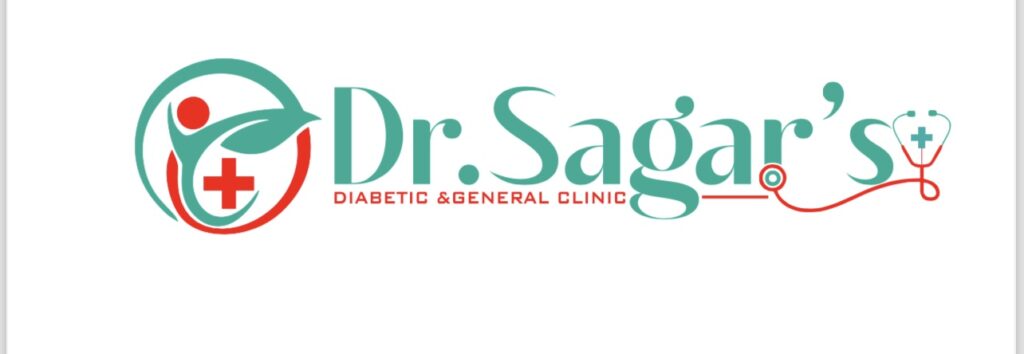Understanding Hypertensive Emergencies
Knowing the difference between a hypertensive emergency and a hypertensive urgency is crucial. In a hypertensive urgency, blood pressure is high but not causing immediate damage. But a hypertensive emergency? That’s when high blood pressure starts harming organs. This could be life-threatening if not promptly treated.
Hypertensive emergency guidelines suggest getting emergency help right away. This condition might affect important organs:
- Heart: High blood pressure can lead to heart attacks.
- Brain: Could cause strokes or confusion.
- Kidneys: Might result in kidney failure.
Doctors use these guidelines to spot a hypertensive crisis: very high blood pressure with symptoms pointing to organ damage. Understanding these facts helps underline why immediate action matters and saves lives.
Recognizing the Symptoms and Causes
What are the signs of a hypertensive emergency? Knowing these is vital.
Central Nervous System symptoms might include:
- Severe headache
- Dizziness
- Blurry vision
Cardiovascular symptoms include:
- Chest pain
- Trouble breathing
Renal symptoms might show as reduced ability to urinate or blood in urine.
Understanding causes is as important as recognizing symptoms. A hypertensive emergency can happen because of:
- Untreated high blood pressure: Regular checks are key.
- Medication issues: Skipping meds can cause emergencies.
- Medical conditions: Issues like kidney disease can lead to high blood pressure spikes.
Knowing early signs helps avoid severe health issues. Quick response makes managing conditions easier and can prevent serious consequences.
Effective Management and Immediate Response
Act fast during a hypertensive crisis. Here’s a simple guide on what to do:
- Stay calm: Panic increases blood pressure.
- Check blood pressure: If you have a monitor, use it.
- Call emergency services: Time counts in any emergency.
Immediate help cuts the risk of organ damage during a hypertensive emergency. These situations need special attention.
Treating a hypertensive emergency involves:
- Lowering blood pressure: This can prevent organ damage.
- Addressing any organ issues: Example, reducing pressure on the heart.
Medications like antihypertensives are often used for fast relief. Following hypertensive emergency guidelines, doctors may use these medications to rapidly manage crisis situations.
Prevention is key! Always remember to:
- Take prescribed medications: Stick to your schedule.
- Make lifestyle changes: Eating well and staying active helps. Less stress, less pressure!
- Regular doctor visits: Ensure blood pressure stays in check.
With these steps, managing high blood pressure becomes easier. Remember, immediate medical attention is vital in emergencies.
In summary, a hypertensive emergency is serious but manageable with preparedness. Understand the difference between urgency and emergency, recognize symptoms quickly, and be proactive in managing high blood pressure. Make a plan today, and stay healthy tomorrow!



